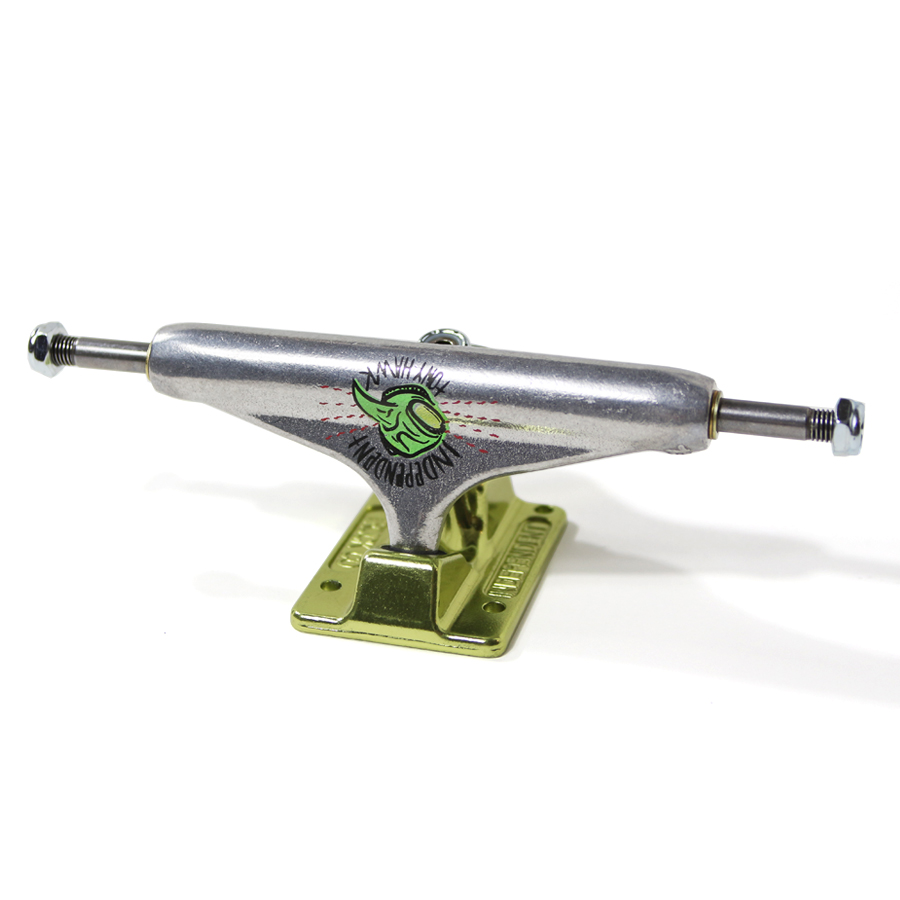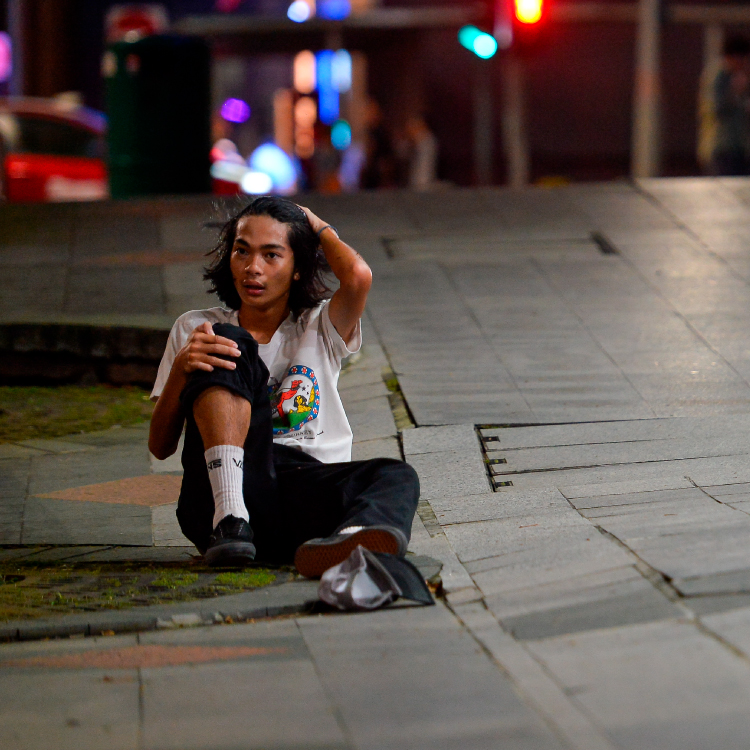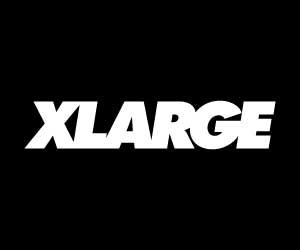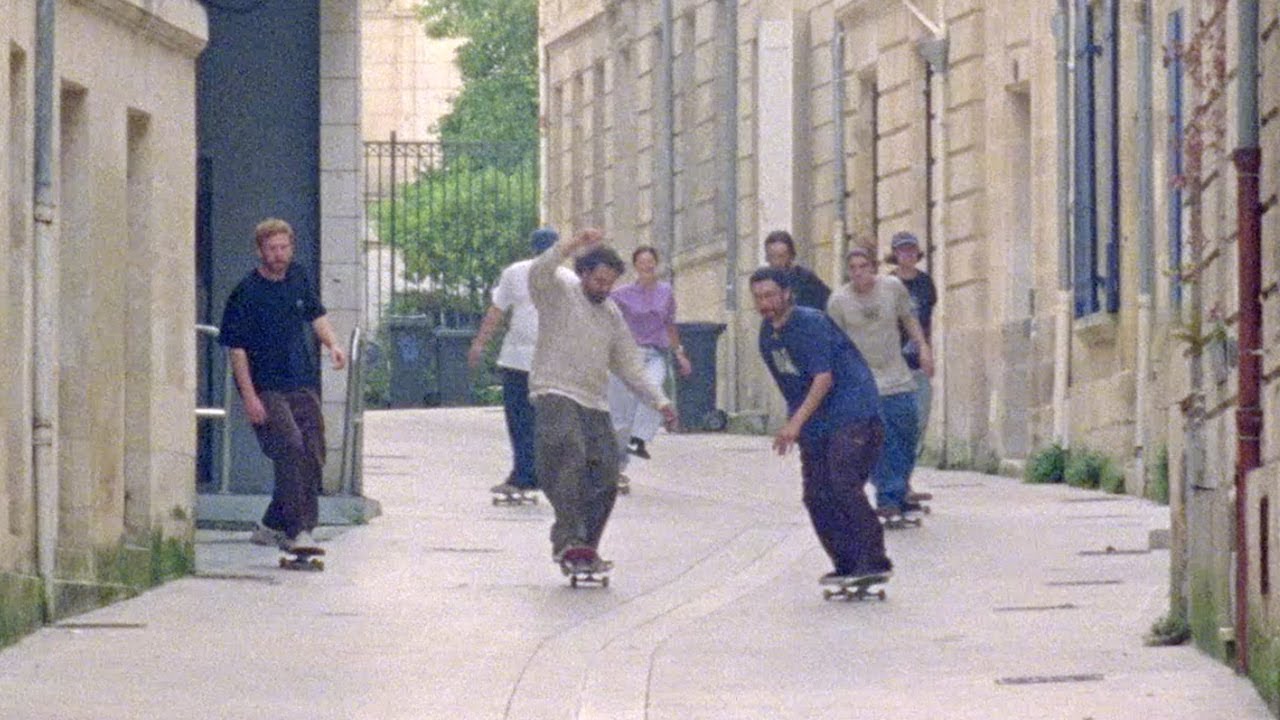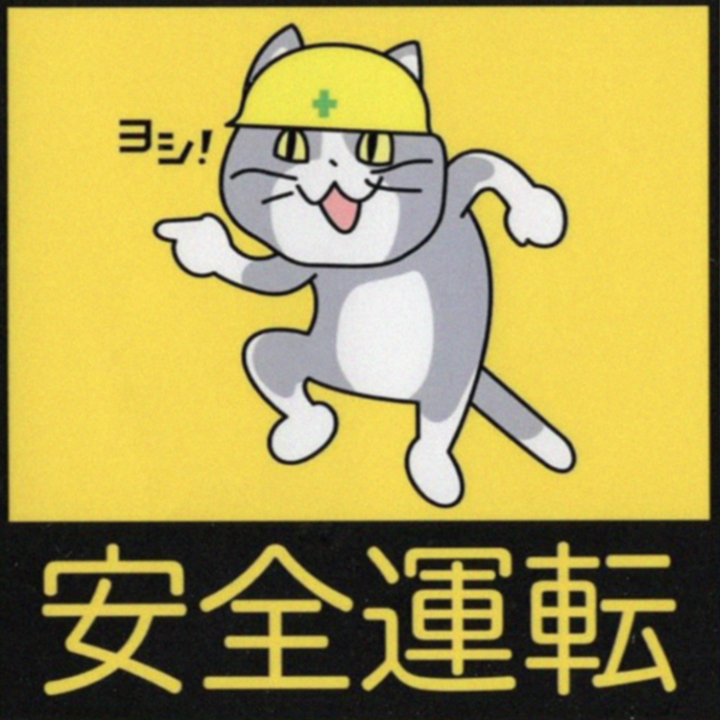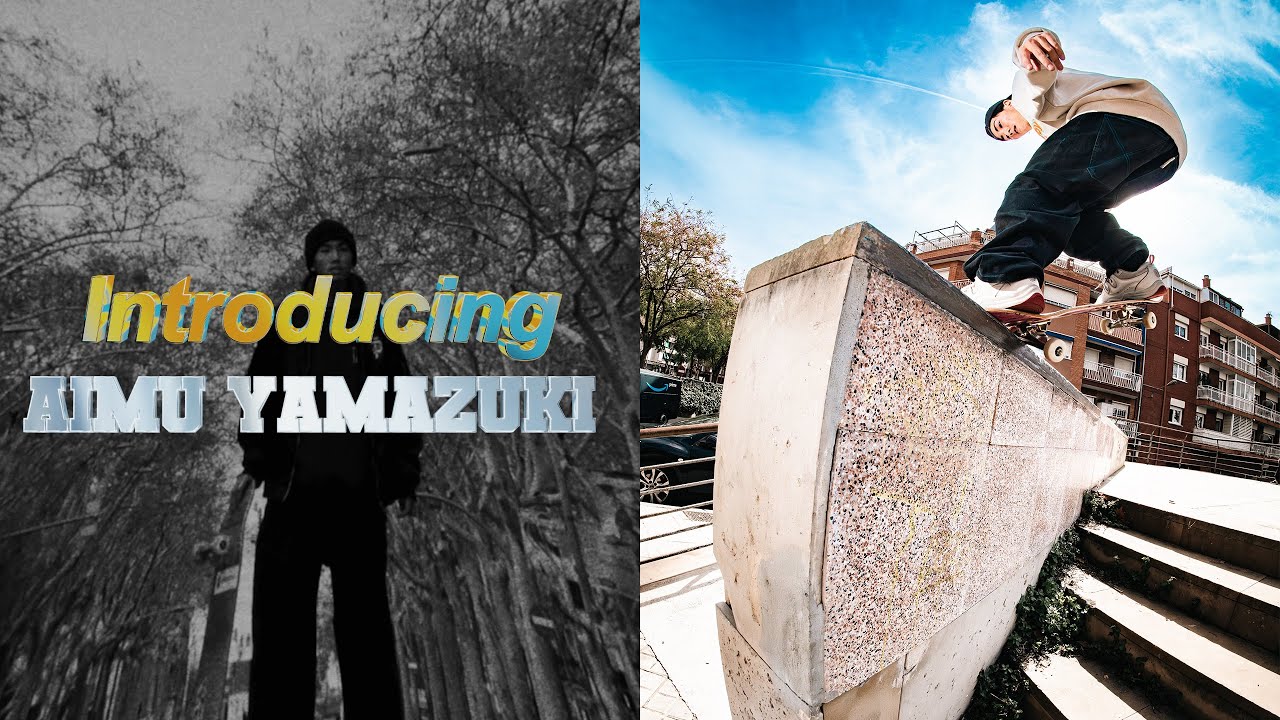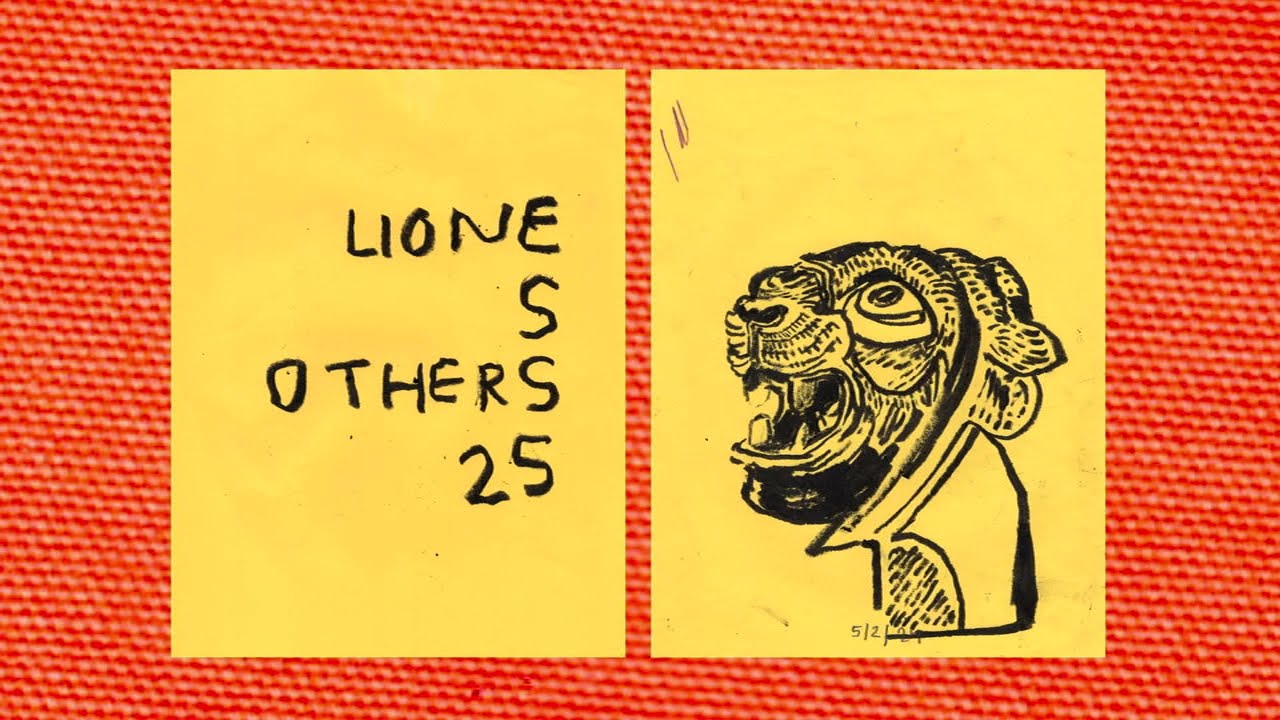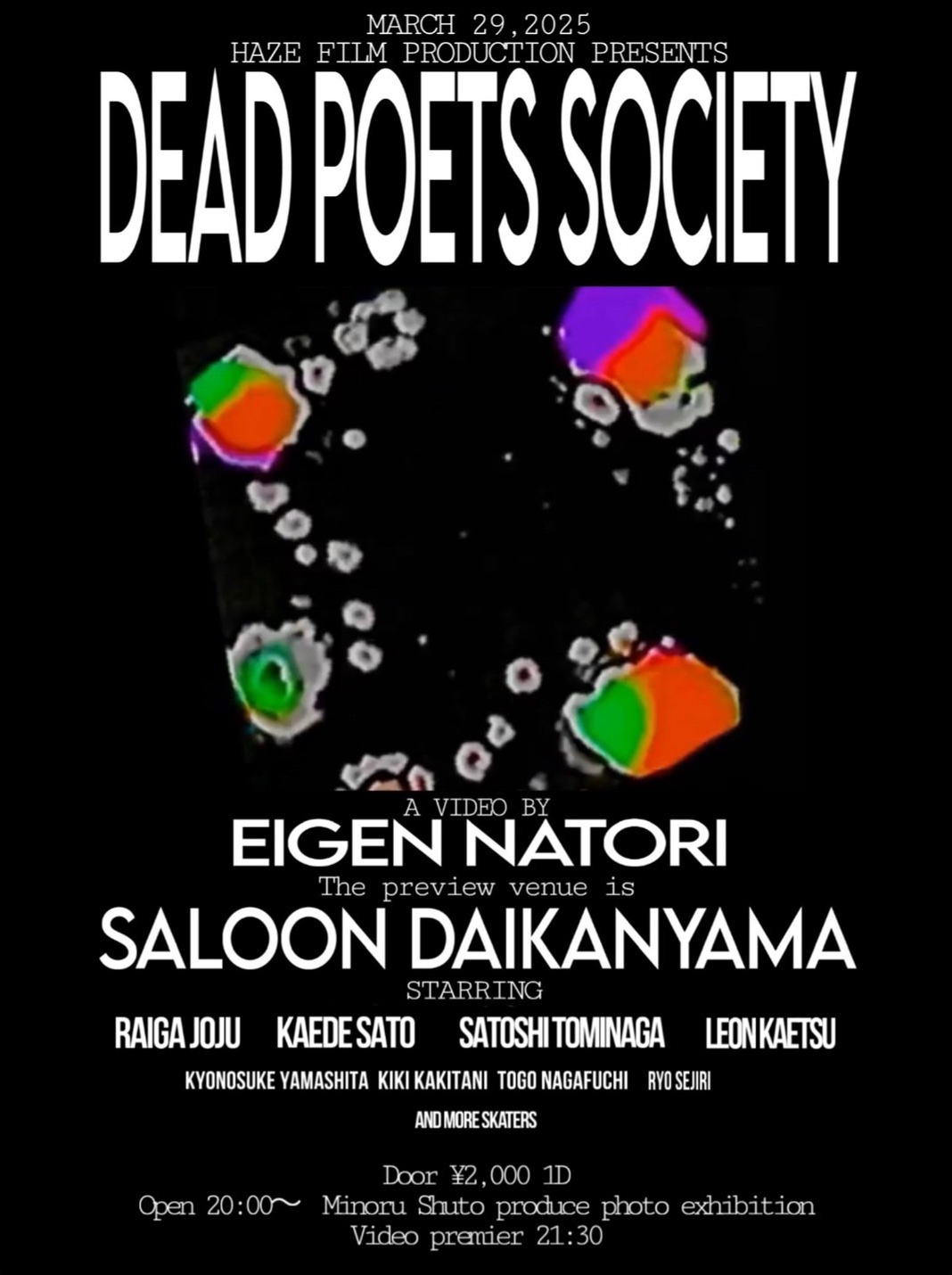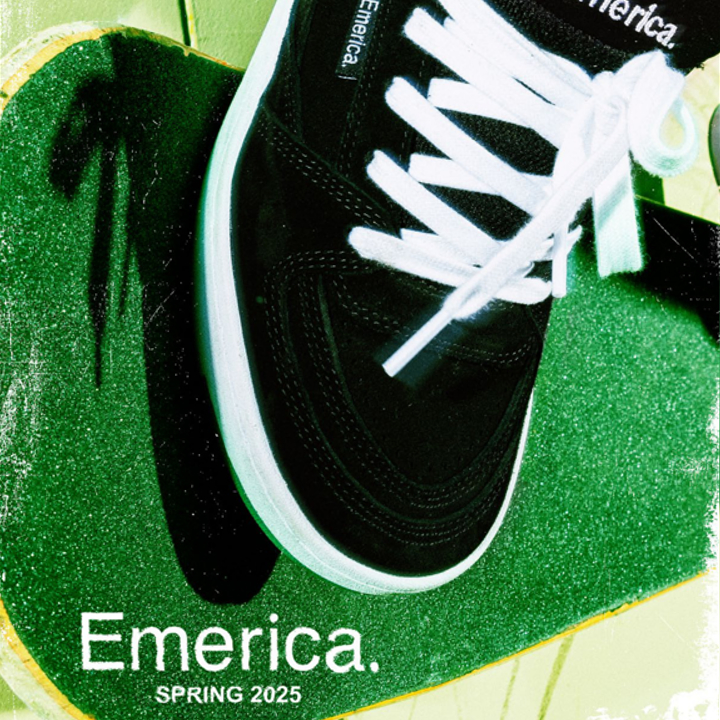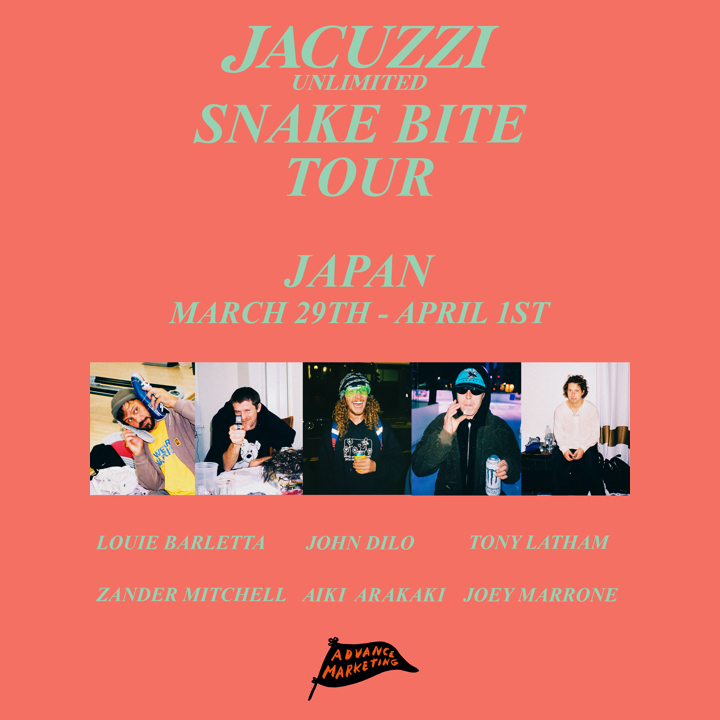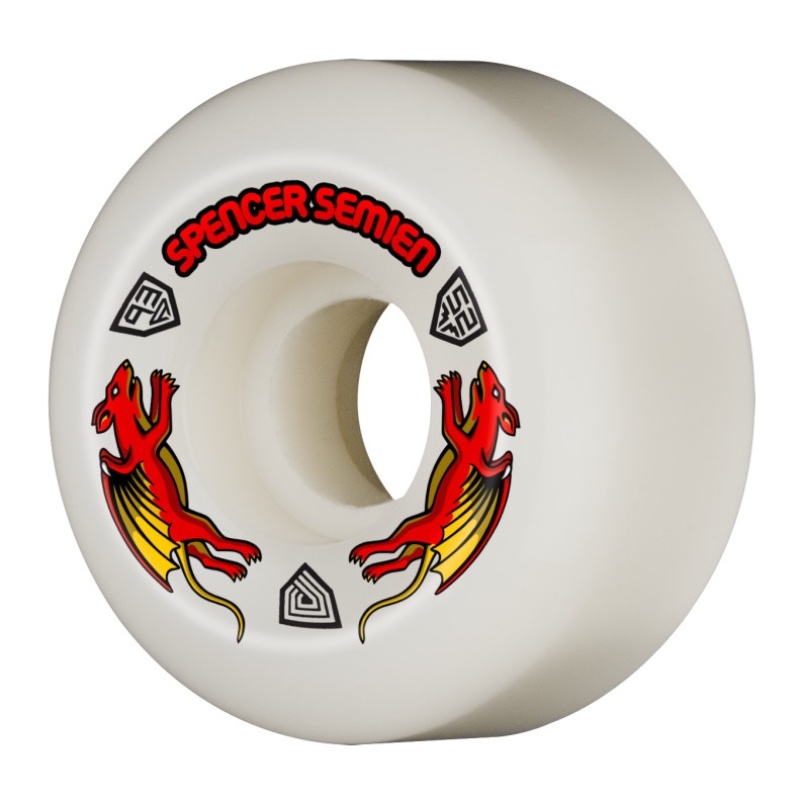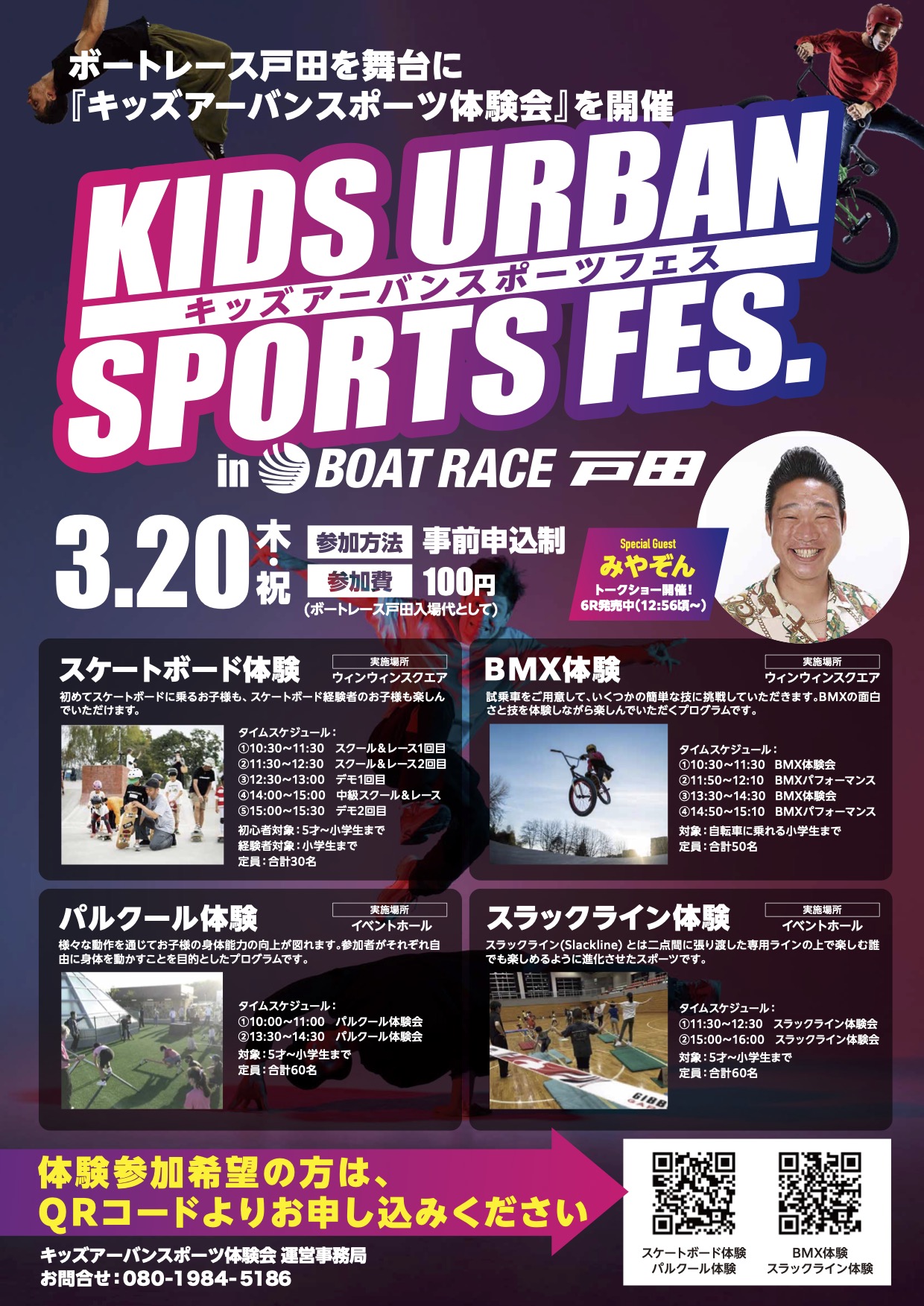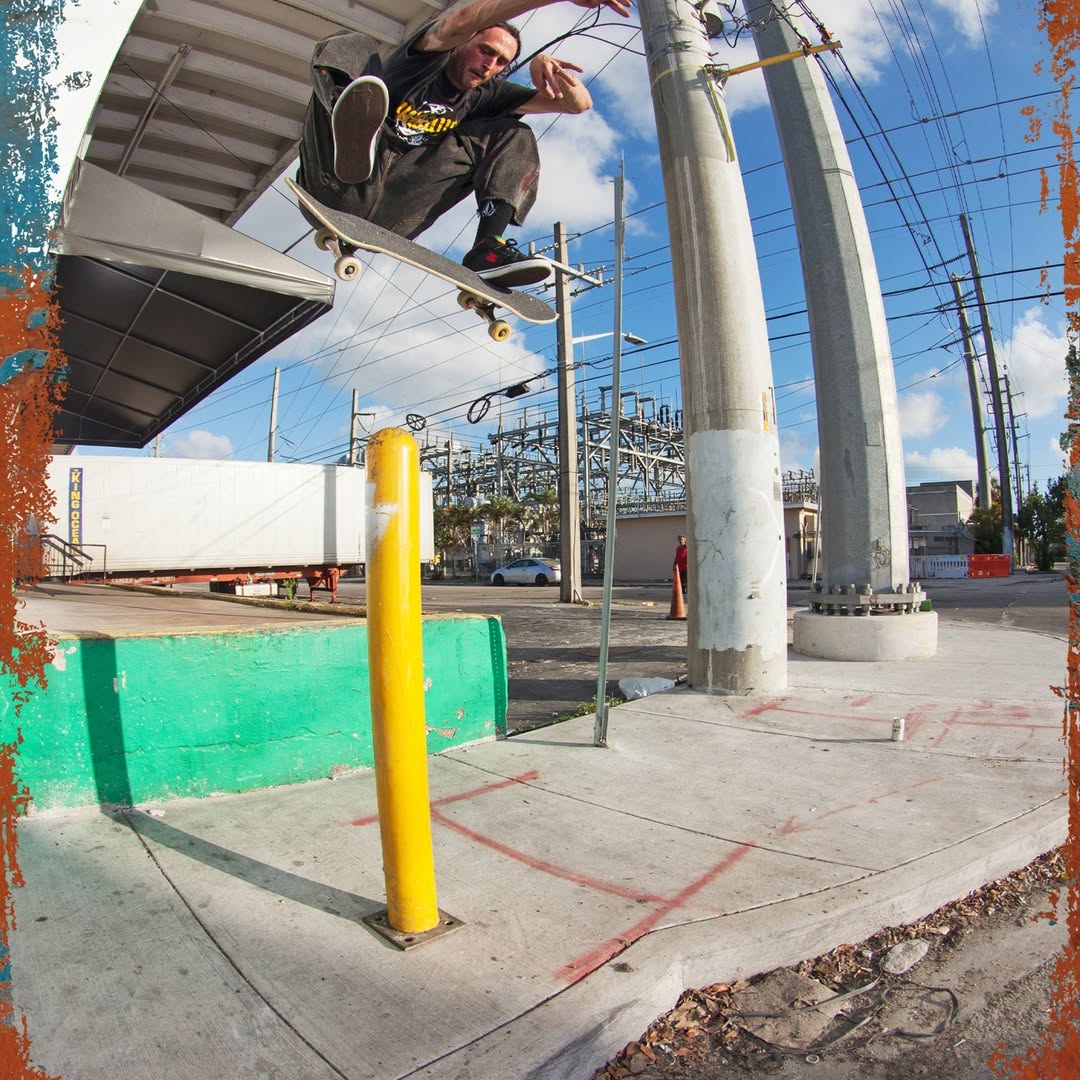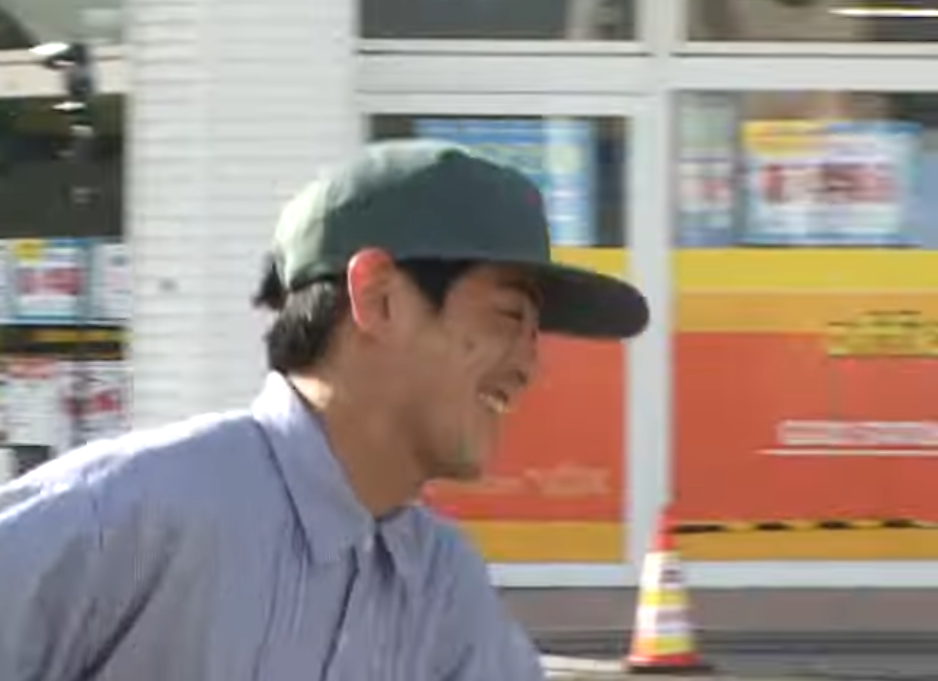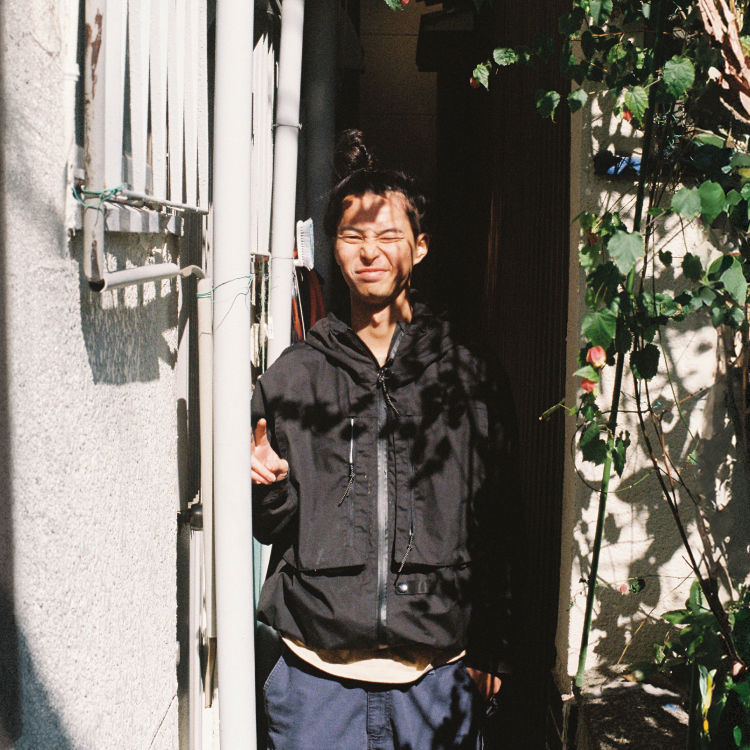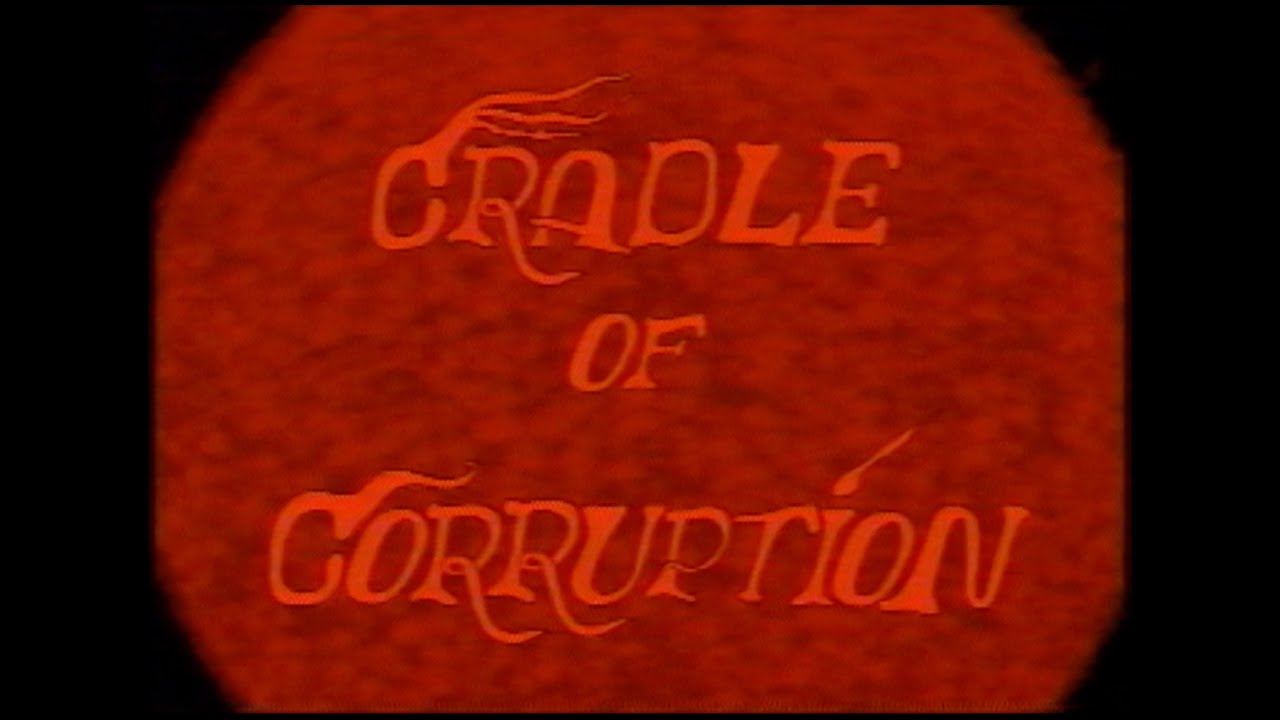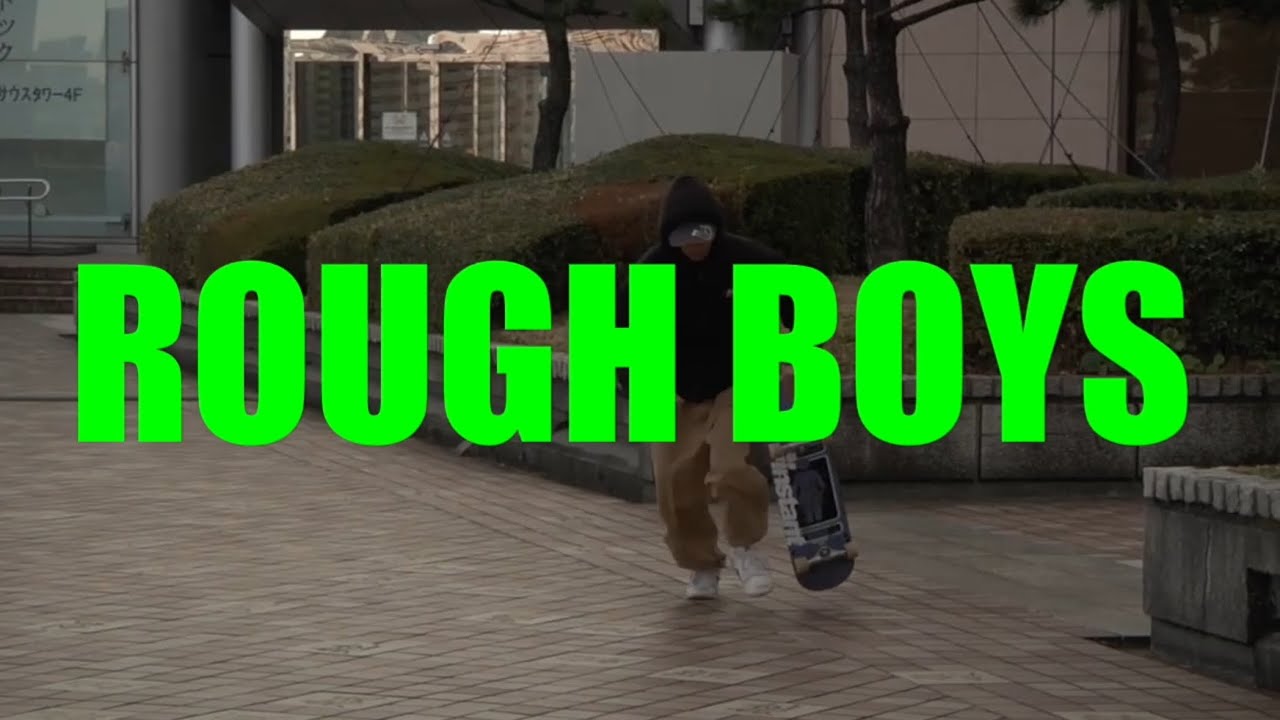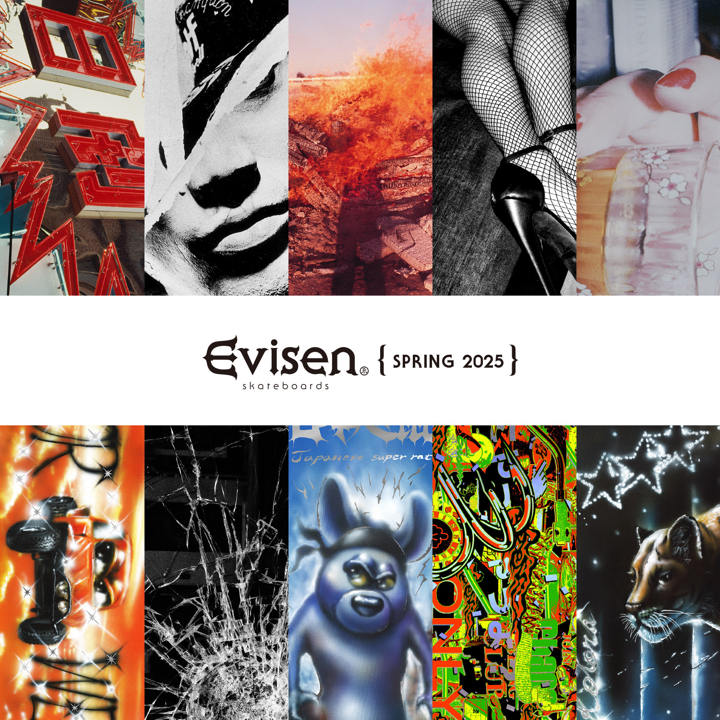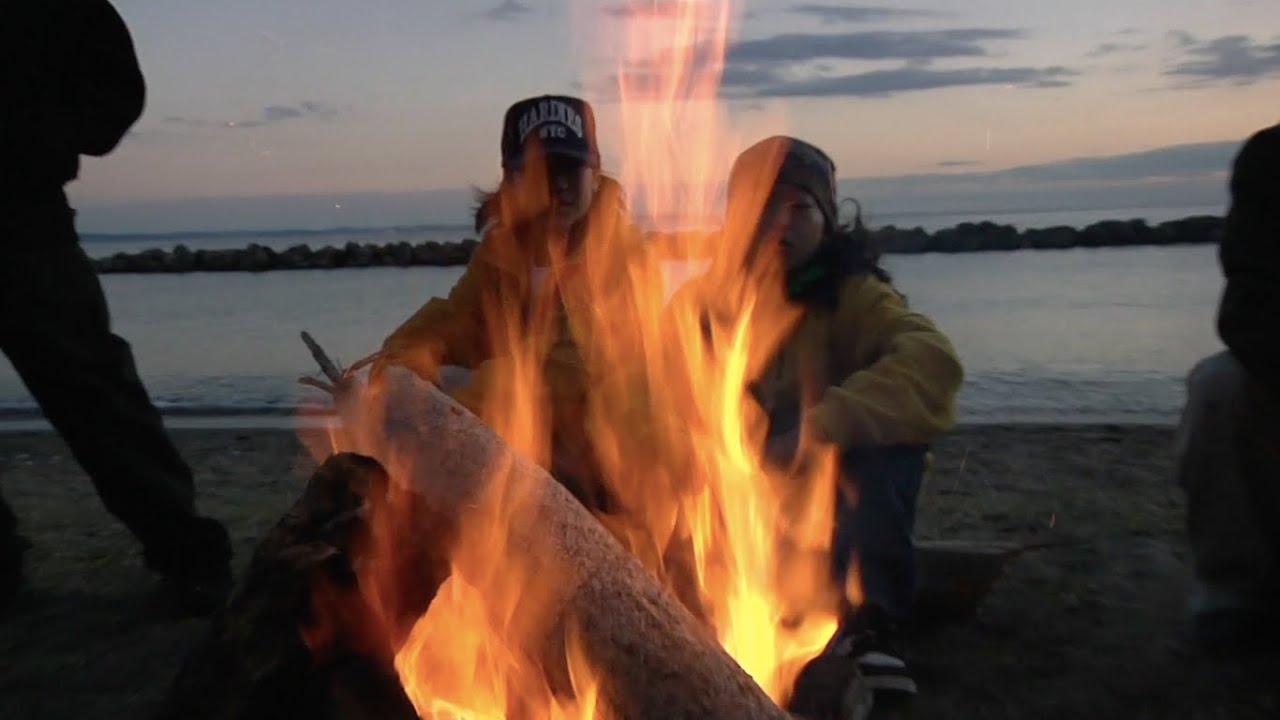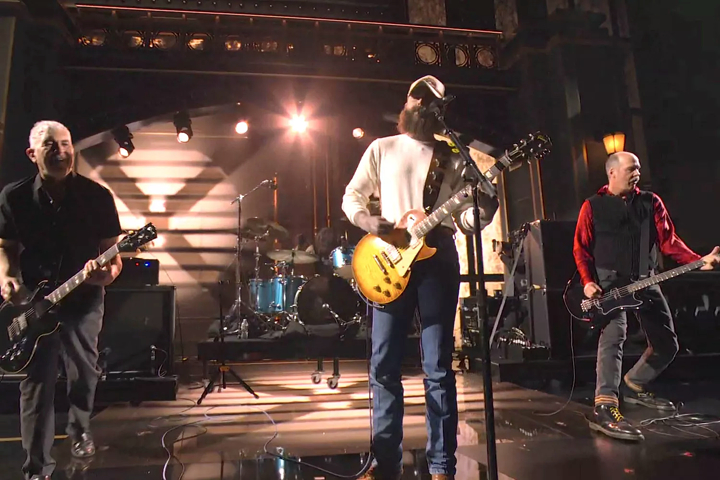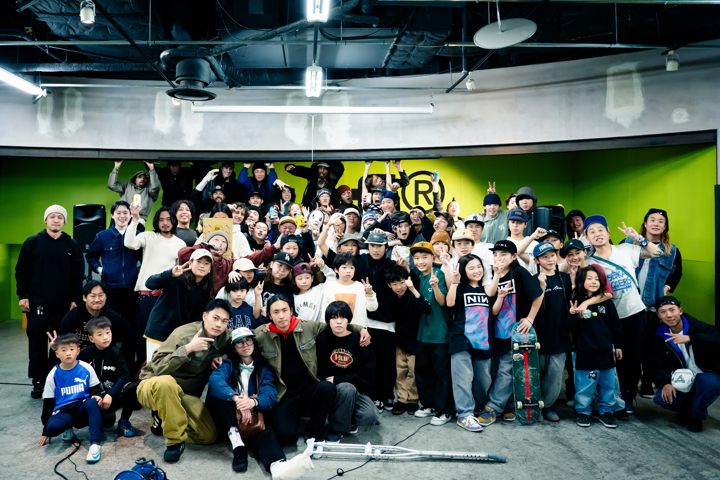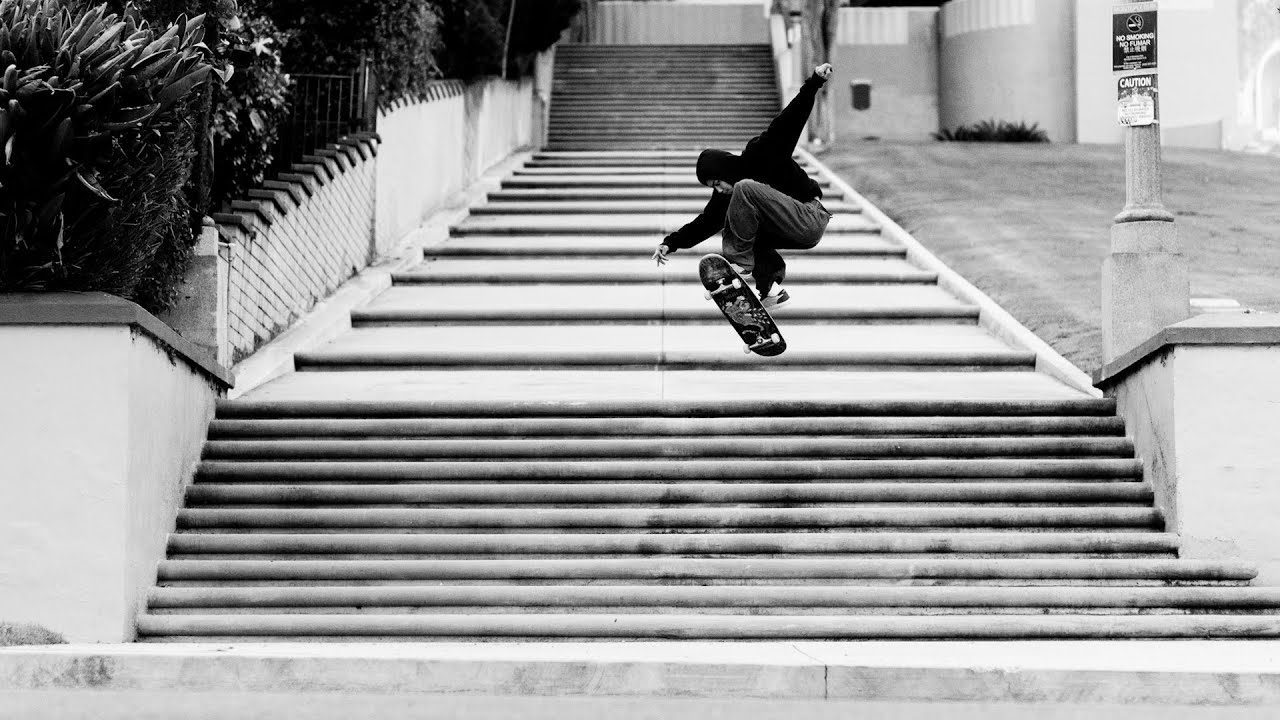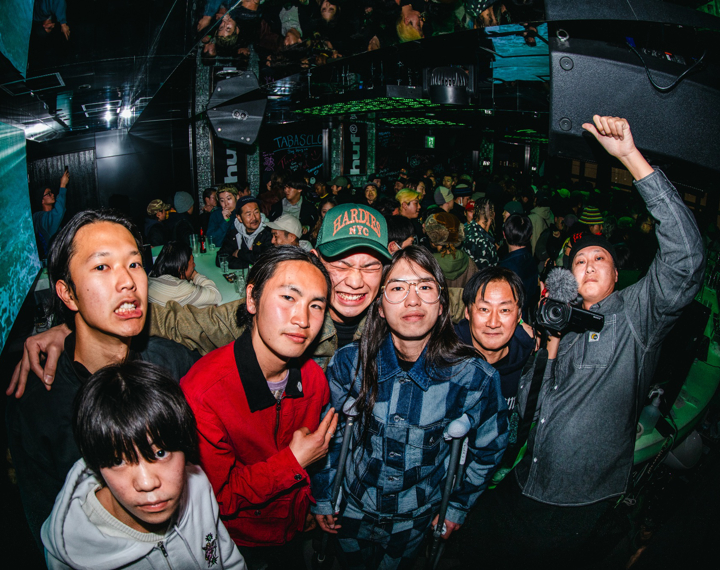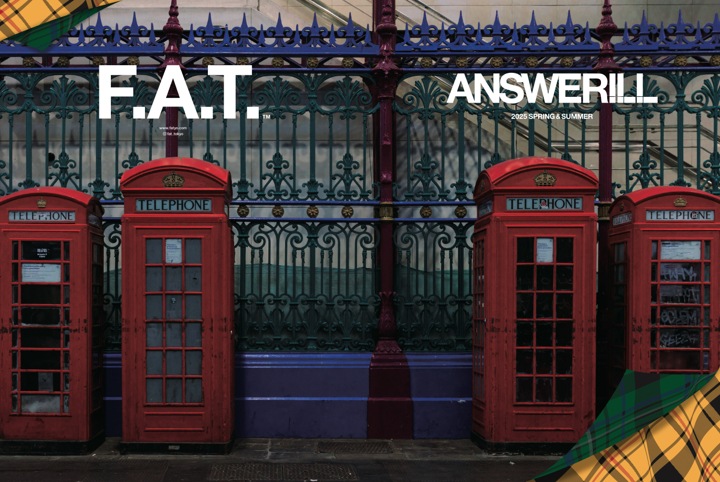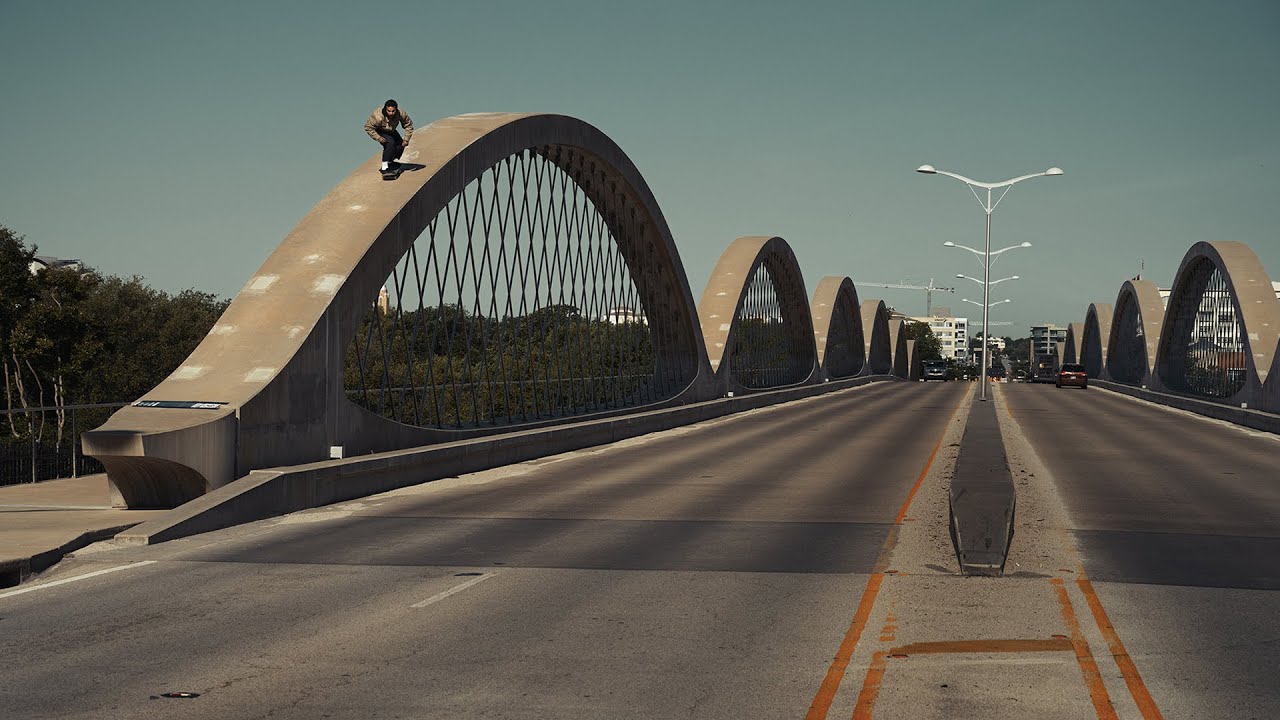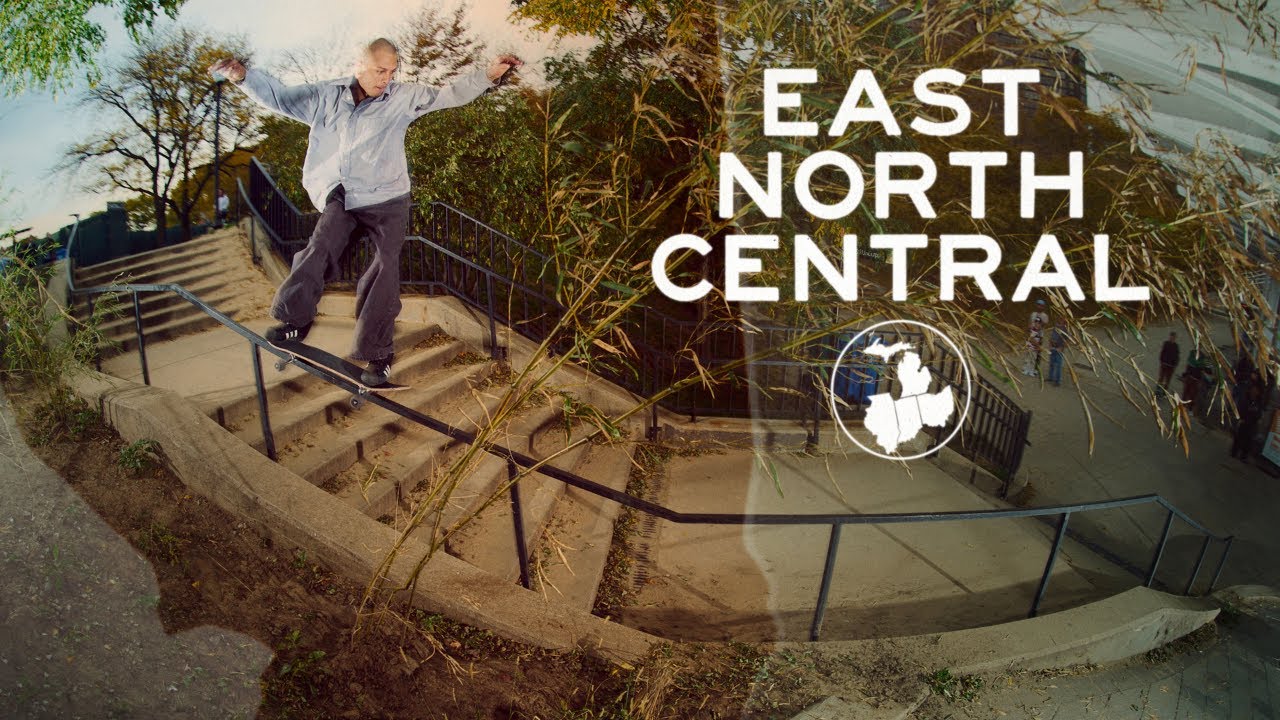Tony Hawk joining Lakai became a big news and his signature shoe the Proto just got released. Three legends who made skating what it is today got together for an interview.
──TONY HAWK, RICK HOWARD & MIKE CARROLL (ENGLISH)
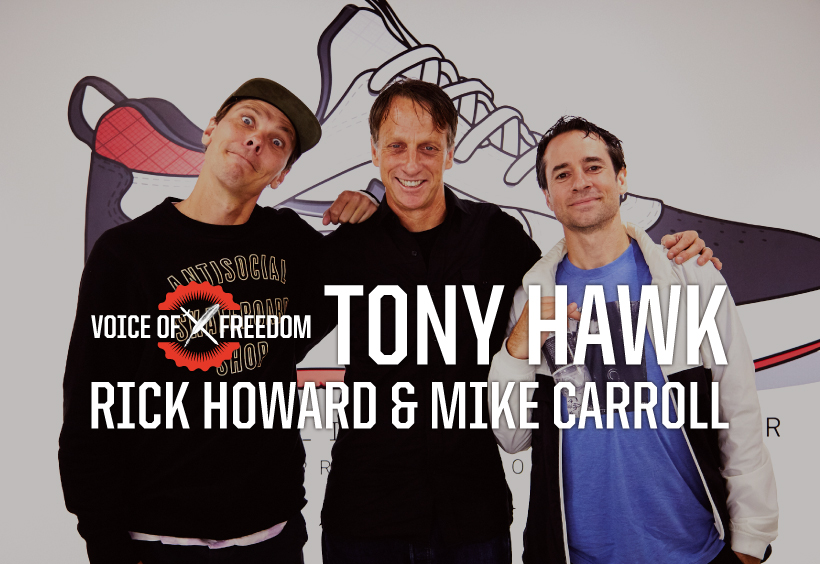
[ JAPANESE / ENGLISH ]
Photos by Junpei Ishikawa, Special thanks: OSC Distribution
VHSMAG (V): When was it that you guys first found out about the other?
Mike Carroll (M): I think just mostly through videos from my end, for sure. My first video was Future Primitive.
Tony Hawk (T): I saw the videos in Mike skating in SF and then obviously when all the other companies started.
Rick Howard (R): Were you in Oceanside '86 contest?
T: Yes.
R: I think that's maybe one of the earlier ones.
T: You were on Blockhead. That's how I got to know Rick because I knew Dave who started Blockhead. I knew about Rick through that.
R: Actually lived kind of close.
T: We lived kind of close for a while. I knew Rick before. I know Mike mostly through legendary status not because I met him earlier. Then we end up at the same contest and stuff.
M: Through skateboarding, you know? Then, he doesn't know this, but I was at the Skater of the Year party when I was a little kid.
T: 1990.
M: Yeah, when it was in that tall building because I had known it from that stuff that had a little green light above ground on top of it. Every day I'd always know where Tony Hawk's Skater of the Year party was. I don't know how I got into that deal.
T: That's probably where we met, 1990.
V: Looking from outside it seemed like back in the day vert and street skating were kind of divided in a way?
R: No, we pretty much skated everything.
M: Not the way we grew up. We grew up watching vert skating. That's what we watched.
T: There was more of a divide in the mid '90s because there just was no vert ramps. Anyone that was still skating vert was considered more of a unicorn. It was like, "Oh look this guy is skating vert that's crazy (laughs)." But nobody was interested in trying to skate vert when they first started skating because these guys showed that you could skate anywhere in the street, in the suburban landscape. Once people figured that out they didn't want to get pads and go find a vert ramp and drive three hours to go skate.
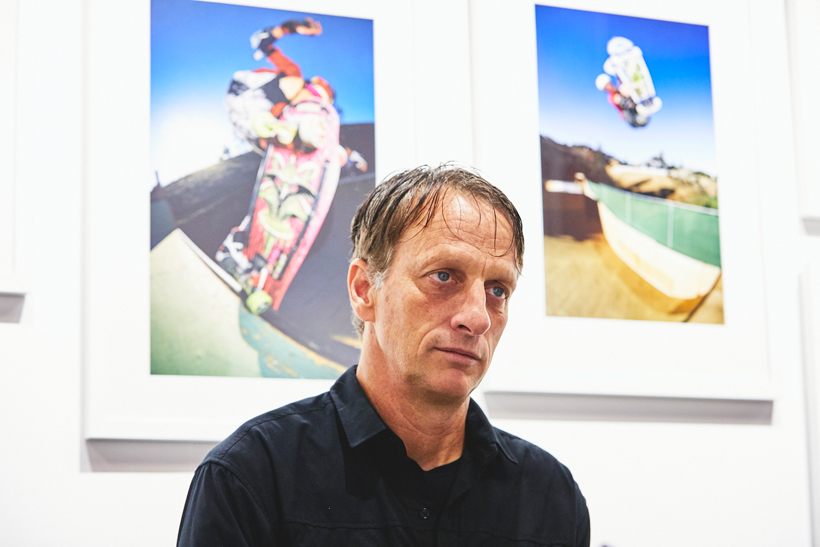
M: That's probably what happened as street skating developed, right?
T: Yeah, for sure. Yeah and there were a bunch of people my age who didn't know what to do because they had made their career out of being vert skaters and then it was gone.
V: What's your take on it because basically Rick and Mike's generation took over your generation, right?
M: I wouldn't say take over. In a media type of way they focused more on street skating, but it wasn't like a takeover.
T: It was more that there was more opportunity. It was more recognized to be a street skater because that's what people identified with.
M: Yeah, probably more relatable.
T: It was really in the late '80s early '90s when all the skateparks closed. That was the shift because the skateparks were the places where everyone went and then there was nowhere to go. People took to the streets.
M: When we were growing up we saw vert skating and street skating. So we would try to skate both.
V: Yeah, you were skating vert ramp in Plan B video.
M: Yeah, but I wasn't that good.
T: Anyone from their generation, you had a skate transition pretty well.
M: It was probably a little bit after that that people didn't really skate that much transition because everything was focused on street skating.
V: Since you were skating in the '80s as well, you guys had backyard ramp?
M: I had a vert ramp down the street from where I lived growing up. That had to be torn down. We took the wood from that and built a mini ramp in our backyard.
R: We had a vert ramp at the Richmond Skate Ranch in Vancouver. So they had mini ramps and the vert ramps. It rained six months out of the year so it was the place to go where it was dry and we could skate. It was accessible.
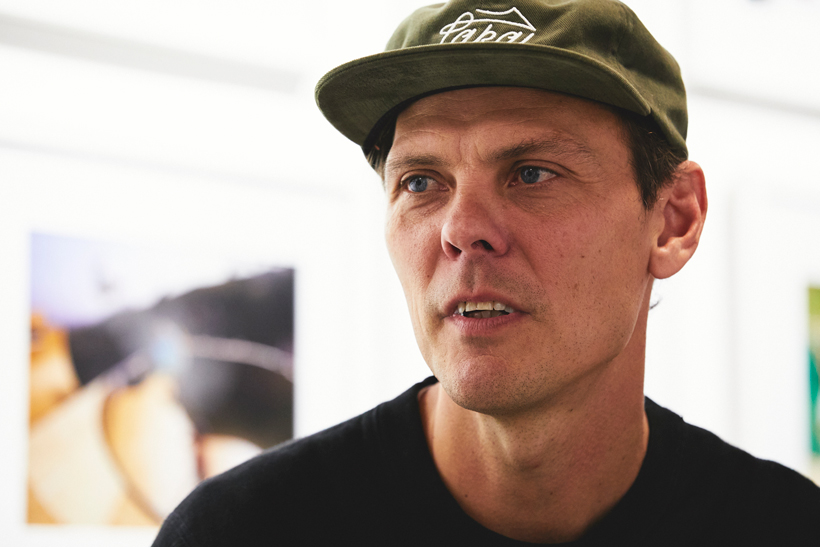
V: You guys are legends. I grew up watching you guys skate and you brought so much to skateboarding. What do you think what each of you brought to skating?
T: I think a movement, for sure. A new style of skating from the new generation. Rick was very unique and he took a lot of his transition skills and made them work all over the place. I think when I saw Mike in Plan B video that was a game changer for sure in terms of doing technical stuff on the street and the whole EMB thing. That's the one thing I remember besides Pat Duffy.
R: Mike's technically a mini ramp pro. He turned pro at a mini ramp contest.
M: My first contest was on a mini ramp at the San Jose contest.
T: The one that was three ways? With the diagonal in the middle? And Omar won.
M: Is that the one he won?
R: It was at the time when you had to enter a contest to turn professional, I guess? Is that right, maybe?
T: You had to enter a pro contest.
M: You had to enter a pro contest to turn pro. I don't know if it was for everyone, but you had to get at least top ten if you wanted a pro model.
T: Every company had their own thing.
V: That was for H-Street?
M: Yeah, that was for H-Street, but I didn't get top ten. I accidentally still got a pro model. I think someone talked Mike Ternasky into doing that.
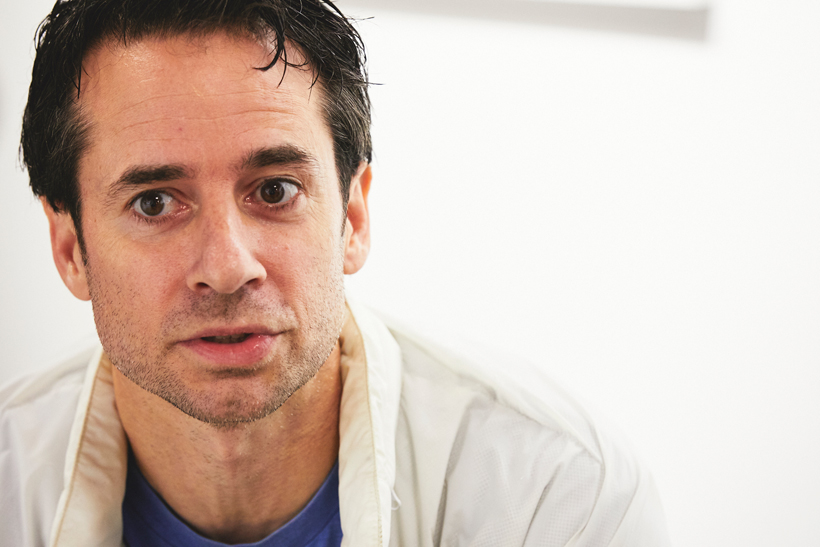
V: I think with Rick, passion and progression and everything about style. I think all having fun.
M: For Tony I think just progressiveness, showing how to progress. Longevity. Passion. Everything about being a professional. How to be a true professional with passion.
T: How to be old (laughs).
M: I think with Rick, passion and progression and everything about style. I think all having fun.
R: Tony has definitely explained about us derelicts to the outside world.
M: Yeah, he's helped average people accept skateboarding and allowed their children to keep skateboarding. Thanks to him, skateboarding has been able to progress and last as long.
V: I want to talk about Lakai. Tony, how did you get on the team?
T: My connection was through Riley because he was on Lakai. I had a shoe deal for bigger mass stores and that ended. I didn't want to go chasing another deal like that because it was too hard to keep control over the brand and it was exhausting (laughs). I was just riding Riley's shoe. These guys made it official. I was excited to be connected to a true skate brand again because my shoes that I was making before were going to more big box stores.
V: You're talking about Hawk Shoes?
T: Hawk Shoes, yeah. We had a good run but it ran its course and I just like being connected to a skate brand.
R: Yeah, we were just honored when Tony skated in the shoes.
M: You'd see random photos and Tony was just skating in the shoes. We'd just be like, "Fuck that's so sick."
T: I got them through Riley at first.
M: To see him actually wearing them skating in photos it was like, "Wow, that's awesome."
T: It actually started because Riley got a shoe. I said, "Riley we should get shoes for the house for your brothers, too." So they sent all the sizes for his brothers and for me. Then, I skated in them and that was how it worked.
V: What were the reactions? Tt was big news. You guys had the breaking new of the video. What was peoples' reaction to Tony Hawk getting on the team?
R: It was unbelievable, it's Tony Hawk.
T: I see Lakai as a big skate brand and that's what important. Not a big company that makes skate shoes. They're a skate brand. They're legitimate.
R: There aren't many out there, really. We're just honored.
M: We've been around for almost 20 years. We're just stoked that we're still able to be here.
V: Let's talk about the Proto. Tony, how much were you involved in the design and the function?
T: I was more involved in just the sizing of it and how it fits around your foot. The idea was to bringing back the sort of Airwalk look.
V: The Prototype.
T: Yeah, which I was totally on board with. I got to give the designer credit for the way it looks, but if there's one thing that I wanted to do was to bring back the sort of vert type of shoe that I used to wear before I was wearing Riley's shoe. That's exactly the middle ground of being a vert style of shoe but something that looks good that has a throwback to the Airwalk.
M: Like a skate shoe look, all the skate shoes nowadays are either a vulcanized suede or canvas shoe. There's all the other companies the bigger companies who are known for their technical stuff. But to have the skate shoe that's kind of like a classic skate shoe look, in a way. It's a cup sole but doesn't skate like the old cup soles. It has a board feel like a vulcanized board feel. But, modernized. Not the puffy shoe, you know what I mean? Like that look of a classic skate shoe. Van's looks like a classic skate shoe, but this is about when the shoe design progressed in the late '90s, early 2000s. But then they got too big, chunky and heavy. It's like a modernized, really skateable, in a stylish version of that.
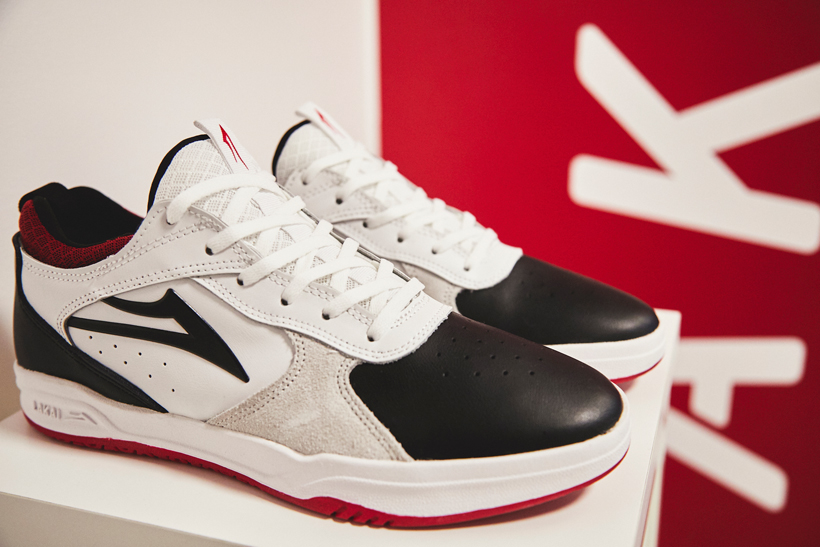
T: I can tell you that Powell does not let anybody use this skull graphic, ever. These guys said, "We want to see about using your graphic." I said, "I don't know, you can ask, but it's usually not the case." Because Lakai is such a well-respected skate brand, Powell said okay.
R: That's amazing
V: Yeah, I've hear stories about Powell not letting others use their graphics.
T: It's always an issue. Always. For a long time I couldn't use it for anything. And they couldn't use it unless I gave permission. We had a clothing brand and we were doing it with our family. Then Quicksilver bought the clothing brand and Powell said Quicksilver can't use it. That's how it ended and then from going forward, when something would come up they would say it's a big brand, can't do it, can't do it. And then when Lakai asked, they said okay.
V: Wow, that's amazing.
T: That's a big deal. That speaks to how authentic the brand is.
M: That's really cool to hear that. I've known it, but just hearing it again...
T: No, I'm still surprised. For sure. And the box, too.
R: If you get the shoes, keep the box.
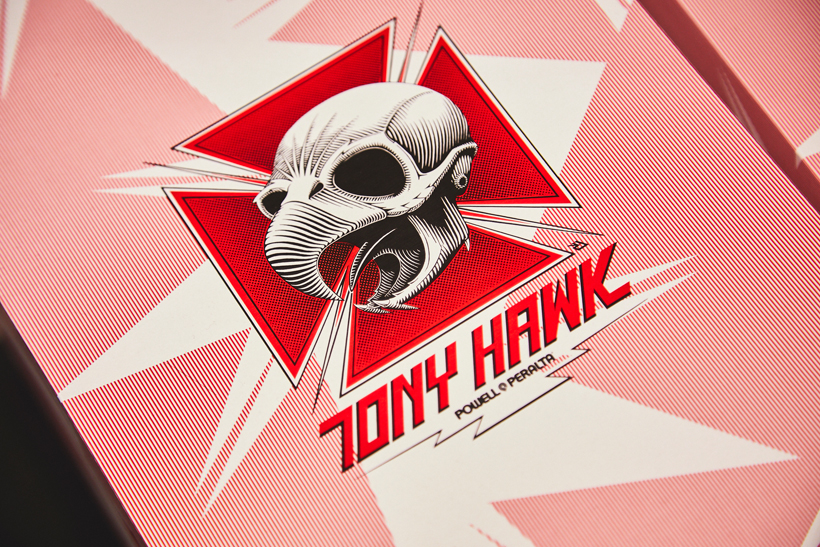
V: Oh yeah, the box has got the Hawk skull and "Lakai" in Powell font.
R: Yep.
M: Throwback and respect.
V: Rick and Mike are in the 40s and Tony just turned 50. Has anything changed, the way you approach skateboarding?
T: The passion doesn't change, you still have the passion to do it and the will to do it. It just gets harder physically to perform like you used to. The enjoyment doesn't change.
M: Yeah, that's for sure. If anything changes, you learn what you get hurt on, but you also learn how to take care of your body. Mentally, you're still there. You still feel like that 12 year old, that fun, the way it feels. It's not as easy to just jump on your board and skate the way you did. You were skating almost all day every day so it was easy to always skate. Then, when you get older, you have more responsibilities. I think that's the only thing that changes.
T: That's the big change in my life. I have to find time to skate because I have kids, I have responsibilities. It's like, "Okay, I have this window from one o'clock to two-thirty. Make it happen." But sometimes that's better because you're under pressure to only do it that time and you have to make that happen. Sometimes (laughs).
V: That's how you made the "Saturdays" and "50 Tricks at Age 50" part?
T: Yeah. I would have a couple hours a day.
R: Not many people can do that. That's why he's Tony Hawk.
T: That's what it's like. It's scheduled. It used to be different. You'd just go. Anytime, anywhere.
M: That's the hard part. For me at least, speaking for myself, before I skate I have to get warmed up. In the hotel room or at home or something. Stretching or whatever. I can't just run and jump on my board. Usually, five out of five times I'll get hurt, a little back tweak or something (laughs).
V: What about that promo video for the shoe?
R: That makes people smile.
M: Written and directed by Tyler Pacheco. Tyler, the director. Manchild.
T: His vision comes through (Laughs).
V: Tony, was the first time meeting Manchild at the vert ramp in "The Flare" video?
T: Yeah.
V: That was awesome. That made me smile.
M: It made us smile. We were driving down for the session. He just showed up with his board. It was just his board. I think halfway through the trip he told us it was his very first skateboard. We were like, "No way, this is sick!" When we got there everything happened organically, like the doubles and the treflip and all that stuff. It was a rad day. It was towards the end of the filming of the video, so it was really rad. Grand finale.
V: Okay, let's wrap this up. Tony, is there anything you want to do with Lakai in the future?
T: I feel like this is just the beginning of our relationship so I would love to work on more designs. Do more colorways of this. It's been really fun and it's been fun to give back to the roots of skating through Lakai. It's really a big catalyst for me, just going back to letting my skating speak for itself instead of doing promotions and things like that.
Tony Hawk
Born in 1968. As the member of the Bone Brigade, he played a key role in the evolution of vert tricks. His video game became a smash hit and helped spread recognition of skating to the masses. He's 50 and still going strong.
Rick Howard
Born in 1972. He started his career as one of the member of Blockhead in the late '80s and started Girl in '93. He's known for his graceful style and runs Girl and Lakai.
Mike Carroll
Born in 1975. He started his career as pro for H-Street and revolutionized street skating at EMB in the mid '90s. He's one of the most respected legends in skating.








